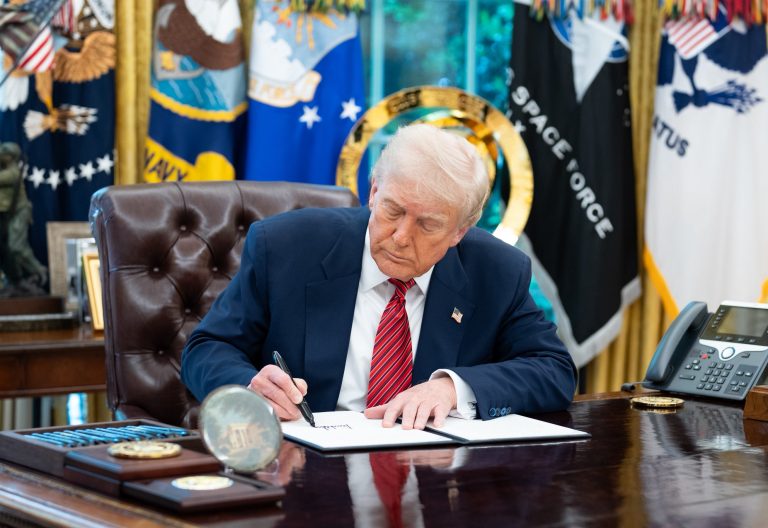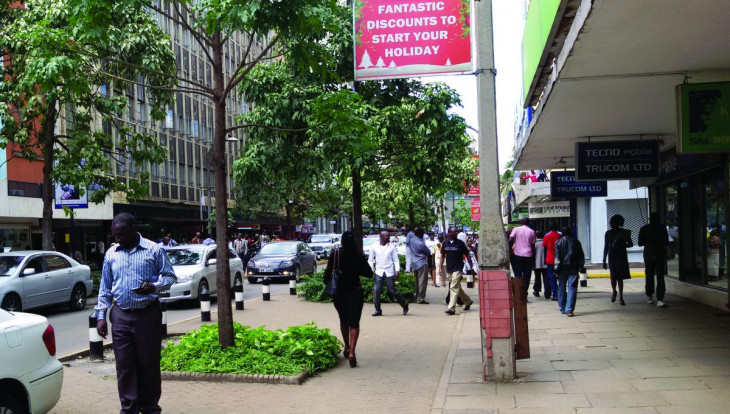Hiring slipped in August over election jitters
By Herald Aloo, September 8, 2022Employment rates dropped last month for the third time in four months since April as output and new orders stalled in the private sector on the back of a hotly-contested presidential election.
The trend comes as election jitters worsened recovery efforts with business production levels having declined sharply since Covid-19 lockdowns, forcing firms that had resumed hiring in July to reignite layoffs in August, to save their working capital. Findings of Stanbic Bank Kenya’s Purchasing Managers Index (PMI) — a monthly survey on the private sector sampling feedback from about 400 corporate managers— says output fell steeply and it was at its quickest pace for 16 months.
The report’s anecdotal evidence cited lower sales, a lack of cash, increased prices and particularly the national election as having had a negative influence on output.
“Disruption from the national election added to sustained declines in output and new orders. As a result, business confidence remained one of the weakest on record, leading to a renewed drop in employment,” analysts at Stanbic Bank and American analytics firm, S&P Global, wrote in the PMI report for August.
For the fifth consecutive month, the headline PMI registered below the 50.0 neutral mark in August, dropping to 44.2 from 46.3 in July. The reading was the lowest seen since the lockdown-hit period in April 2021. Readings above 50.0 signal an improvement in business conditions on the previous month, while readings below 50.0 show a deterioration.
Construction was the hardest hit sector during the period, followed by manufacturing. Higher employment in the agriculture and services sectors was offset by job cuts in wholesale and retail and construction. New business inflows fell at a sharp pace, with the election, rapid inflation and resulting lack of cash flow reportedly leading to a sustained drop in client orders.
Firms made fewer purchases of inputs due to deteriorating sales, while inventories were cut for the first time since January amid efforts to avoid dead stocks. Around 22 per cent of respondents stated a decline in purchasing over the course of August, compared with 8 per cent that saw an increase. This happened despite the marginal cooling off of inflationary pressures in the same month. According to the PMI, both input costs and output charges rose to the least extent for seven months.
“As well as the election, businesses noted that higher prices had forced customers to rein in spending,” said the PMI report.
Exchange rate pressures
Fuel prices, for instance, remained unchanged in August, with diesel, the common economic driver, continuing to retail at Sh140.00 per litre in Nairobi. Business, however, remained concerned about the exchange rate pressures, greater tax burden, and higher fuel prices that have been increasing month-on-month until last July.
Kenyan businesses are relatively downbeat about their future optimism which has now weakened for the second consecutive month, according to the PMI.
Only 10 per cent of respondents gave a positive forecast for output over the next 12 months, amid fears that the inflation-driven downturn in the economy will continue. For instance, the private sector Business Confidence Index report by Kenya Private Sector Alliance (KEPSA) released before August polls showed that business optimism was at 61 points, compared to 44 points in 2017. Central bank also reported a similar trend in July.
On the positive side, lower demand suppressed inflationary pressures, with costs and charges rising at the softest rates since January. “Inflationary pressures continued to cool off in August. Both input costs and output charges rose to the least extent for seven months, although there were still numerous mentions of higher fuel prices and exchange rate pressures,” said Stanbic.
More Articles

